Former Iranian President Mahmoud Ahmadinejad has officially entered the race for Iran's upcoming presidential election. Ahmadinejad, who led the country from 2005 to 2013, submitted his candidacy at the election headquarters of the Ministry of Interior on Sunday. The election to choose a successor to President Ebrahim Raisi is scheduled for June 28.
After filing his nomination papers, Ahmadinejad stated his intention to focus on solving Iran's problems if elected. He emphasized his commitment to addressing the nation’s issues and improving the lives of Iranian citizens. This marks Ahmadinejad's third attempt to run for president since leaving office, having been disqualified by Iran's powerful Guardian Council in both 2017 and 2021.
The registration period for presidential candidates began last Thursday and will close on Monday. The Guardian Council, which is responsible for vetting candidates, will release the final list of approved contenders on June 11. Given Ahmadinejad's contentious history with the council and his lack of endorsement from Supreme Leader Ayatollah Ali Khamenei, it remains uncertain whether his candidacy will be approved.
The Guardian Council's approval process is a critical step in Iran's electoral system, and its decisions are heavily influenced by the supreme leader. The council has previously barred Ahmadinejad from running, citing various reasons that align with the supreme leader's directives.
In addition to Ahmadinejad, several high-profile figures have registered as candidates. These include Ali Larijani, the former Speaker of the Iranian Parliament, and Masoud Zaribafan, a vice president during Ahmadinejad's tenure. Other notable candidates include Tehran Mayor Alireza Zakani and Vahid Haganian, a former commander of Iran's Islamic Revolutionary Guards Corps.
The upcoming election is highly anticipated, as it will determine the political direction of Iran for the next several years. With a crowded field of candidates and the significant influence of the Guardian Council, the election process is expected to be closely monitored both domestically and internationally.
Ahmadinejad's entry into the race has sparked discussions about his potential impact on the election. Known for his conservative views and controversial policies during his presidency, his candidacy could polarize voters and reshape the electoral landscape.
The final list of candidates, once released, will set the stage for a competitive and potentially transformative election in Iran.



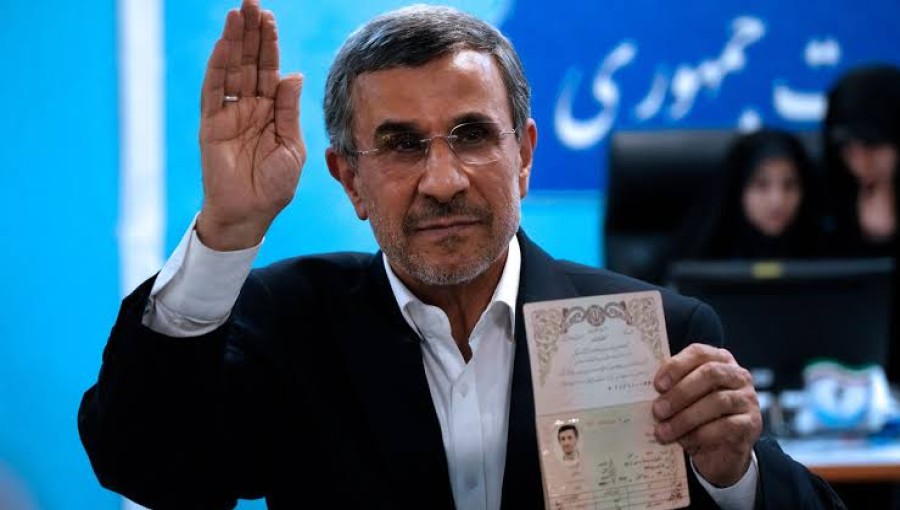
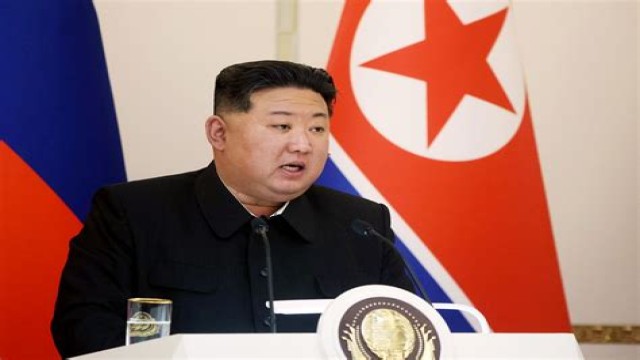
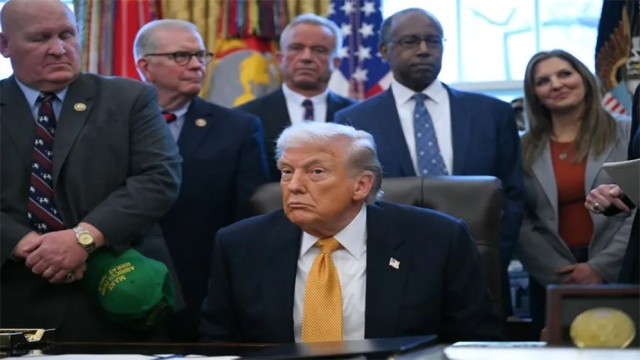

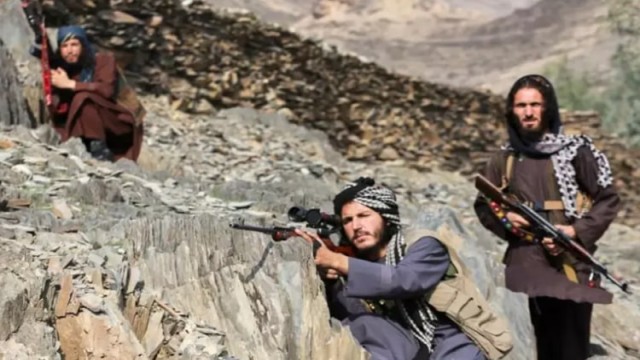
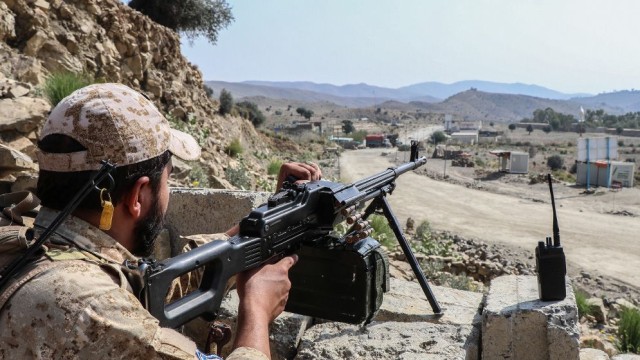
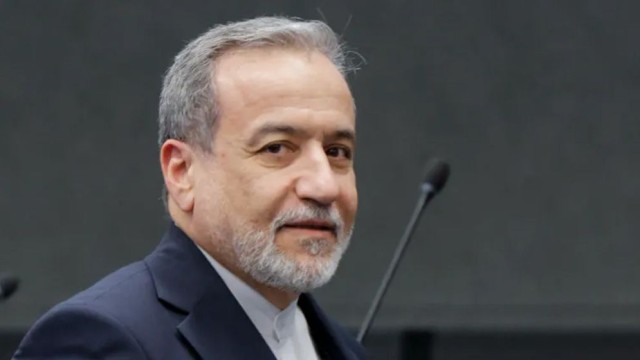




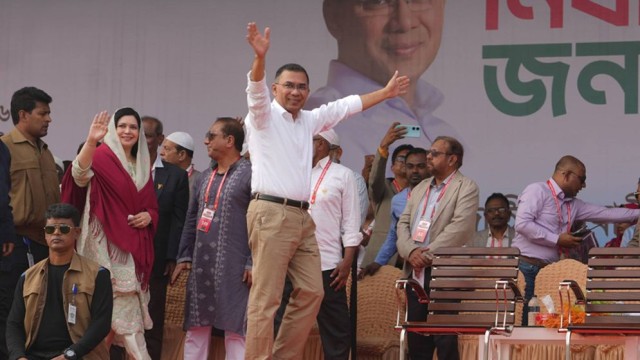








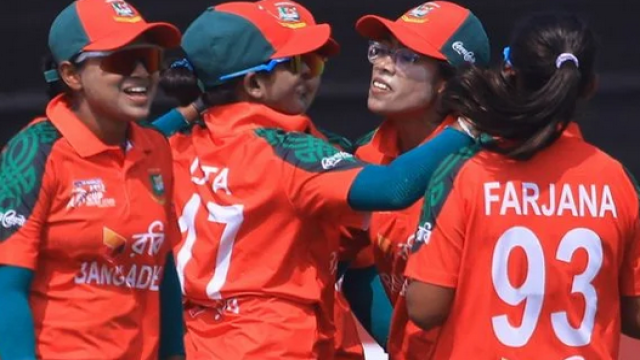

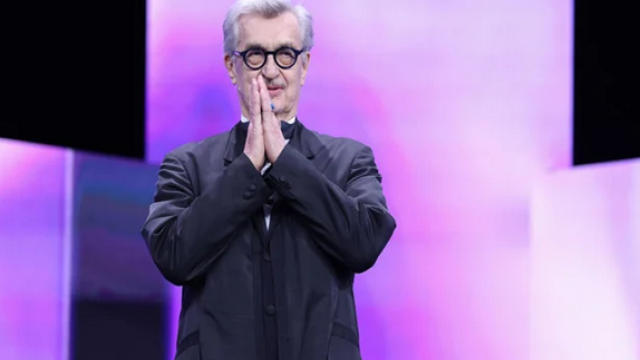

Comment: